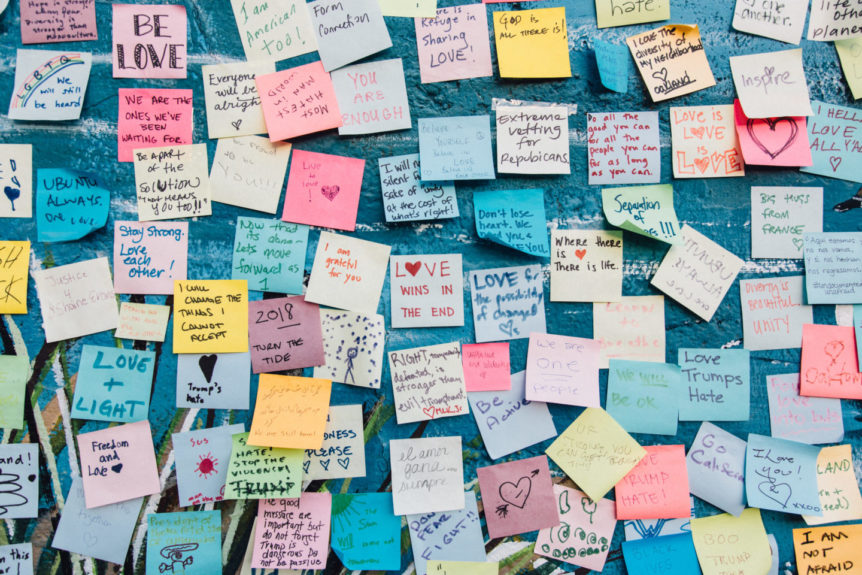
Creating the Effect to Cause Happiness
As we approach new beginnings on the grand scale of the universe, it is very important for us to take a look at what we can do on an individual level to feel empowered to create positive effects. Spring is a week away, and with this comes rebirth, growth and renewal. How can we clean up the debris of our personal past and start fresh, like the first flowers of spring?
I found some real inspiration on this topic the other day after re-discovering a book by Ervin Laszlo, one of the human potential thinkers that I most admire. While scanning my bookshelf I came across his book: You Can Change the World: The Global Citizens Handbook for Living on Planet Earth. This little book with a big title was published in 2003, but I still found it held some fascinating information.
What really excited me was a chapter contributed by Masami Saionji, author and peace activist, who wrote on “How you can invite Happiness.”
She discusses cause and effect, and essentially karma, although she never specifically mentions the word. In this chapter, Saionji goes back to the old adage: what came first, the chicken or the egg? Which one is the cause and which the effect? When we apply this riddle to our emotional states, we usually choose to focus on “cause” as what came first, assuming our present state is conditioned by some previous event.
We are conditioned to pinpoint the cause of our psychological state in order to change the effect. For example: Today, I’m feeling a little down. What was the cause of that? Well, I was thinking maybe it’s because I don’t like my job. The cause of that? I took a job that wasn’t the best because I didn’t have a great educational background. And the cause of that is because I didn’t study very hard in high school because I was too busy taking care of my younger brothers because my parents were too busy because, because, because, to infinity.
The point is if we start looking for the causes of how we are feeling, we will never get to the problem, because the causes are endless. This tactic for naming the cause of our effect is time consuming and often fruitless, and this applies to our individual emotional states on up to ethnic tensions, religious quarrels and worldwide disputes. Rather than thinking of cause and effect as a linear relationship, let’s turn it around and think of the effects creating causes. Effect and Cause. What does that mean? Start right now, let’s create an effect. “I’m happy.”
This effect will create a cause: me being happy will cause people around me to be happy, which will cause others to connect with others to change their minds, etc. So with this simple flip flop of this karmic process, we have liberated ourselves from looking backwards and trying to analyze a past we cannot change. We are freed to say, “I can create my effect.” Suddenly, I have this effect that I am exuberantly happy, conscious and emanating joy and love. The minute you do this, than your effect is transmitting good vibrations outward and onward.
Saionji’s concept is so simple and beautiful and empowering. It gives karma this whole new light. Karma, rather than being this burden of all the baggage of our past weighing on our soul, suddenly becomes this enlightening awareness of the future. I am making an effect happen, starting in the here and now, and affecting a cause of happiness and positivity.

Comments 1
Pingback: Book Review: The Power of Eight By Lynne McTaggart - Emanuel Kunzleman